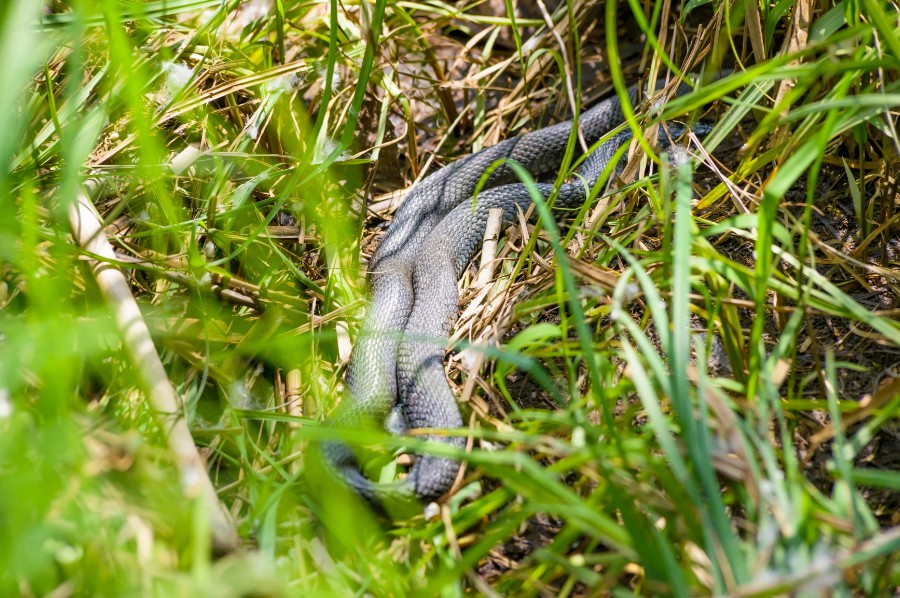5 Tips to Help Protect Yourself from Snakes
During this time of year, snakes are active in open areas and home yards. Here are a few precautions and preventive measures.

1. Don’t kill snakes!
The increase in viper snakes in recent years is due to the fact that good snakes end their lives at the hands of humans. Most of the snakes that are killed are "good" non-venomous snakes that eat the venomous vipers. By reducing the number of good snakes, the vipers are left without enemies. In other words, no snake should be killed.
2. Call a certified snake catcher or contact the municipal center.
If you encounter a snake, contact a certified catcher or the municipal center. All snakes are legally protected in Israel. It is forbidden to harm, hunt, or keep them without special permission from the Nature and Parks Authority. Moreover, according to strict law, even those who encounter a snake in their home are not allowed to handle the situation themselves and must call a licensed professional to capture it.
3. Keep the yard clean and control rodents.
During this time of year, snakes are active in home yards and open areas. Therefore, it is advisable not to lift stones or objects under which snakes might hide. It is recommended to keep the yard and surrounding area free from debris, branches, stone piles, and weeds, and to ensure rodent control which will prevent many snakes from approaching in search of live food. It is also not advisable to walk barefoot in ‘risky’ areas like tall grass or to walk with sandals in thickets—both during the day and at night. When walking at night in a dense area, it is advisable to carry a flashlight and a stick, to light your way, and to shake the bushes.

4. If bitten – call for medical assistance.
As a safety measure, it is recommended to treat every bite as a bite from a venomous snake. Therefore, if bitten by a snake, summon medical help as soon as possible. Until the ambulance arrives, calm the injured person and ensure they remain seated. Walking or running will speed up the spread of venom in the body and worsen their condition.
5. What not to do?
Tourniquets, sucking out venom, cutting the bite area, etc.—none of these not only do not help in most cases but may even endanger life. As stated, the correct thing to do when someone is bitten is to call for medical help as quickly as possible.

